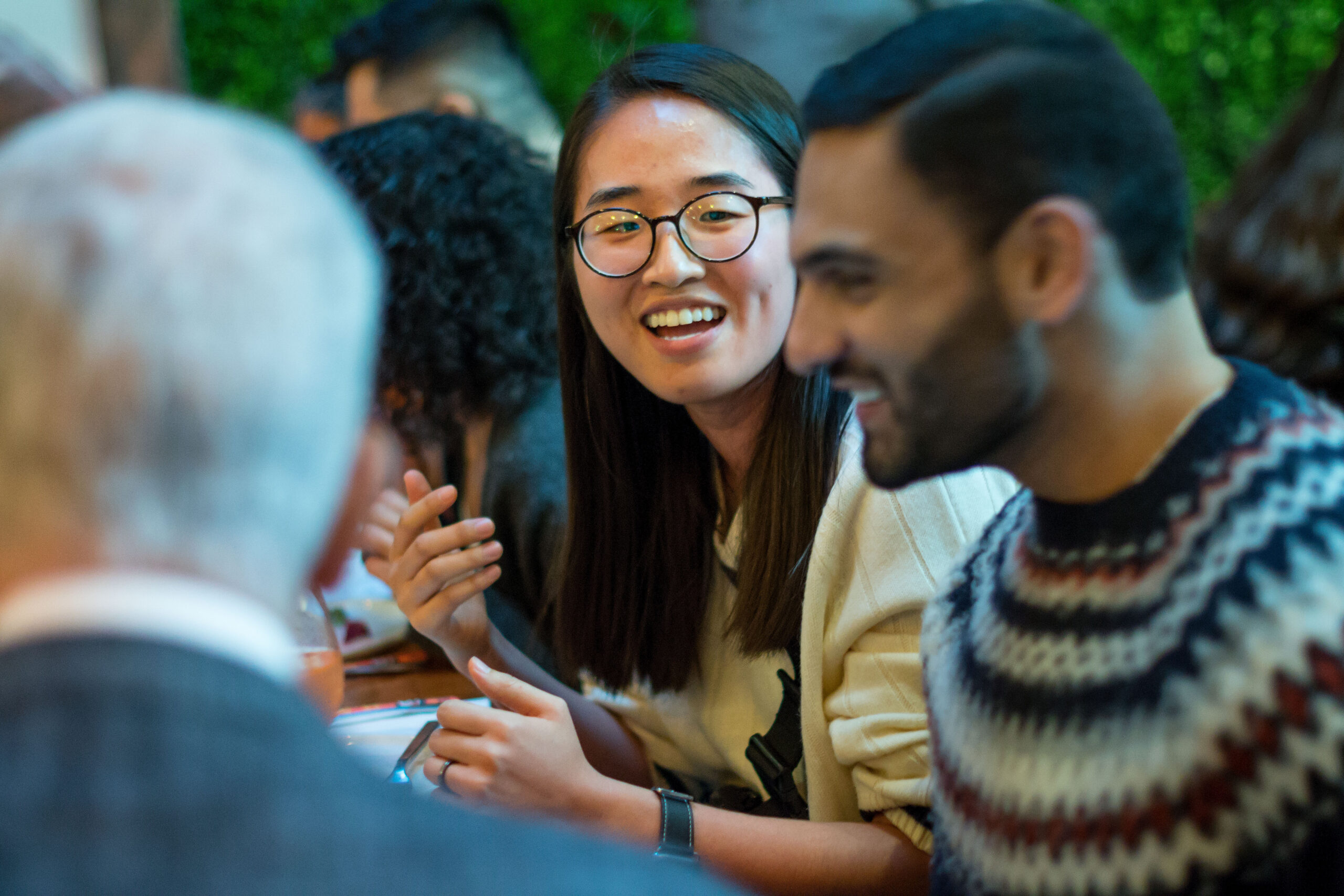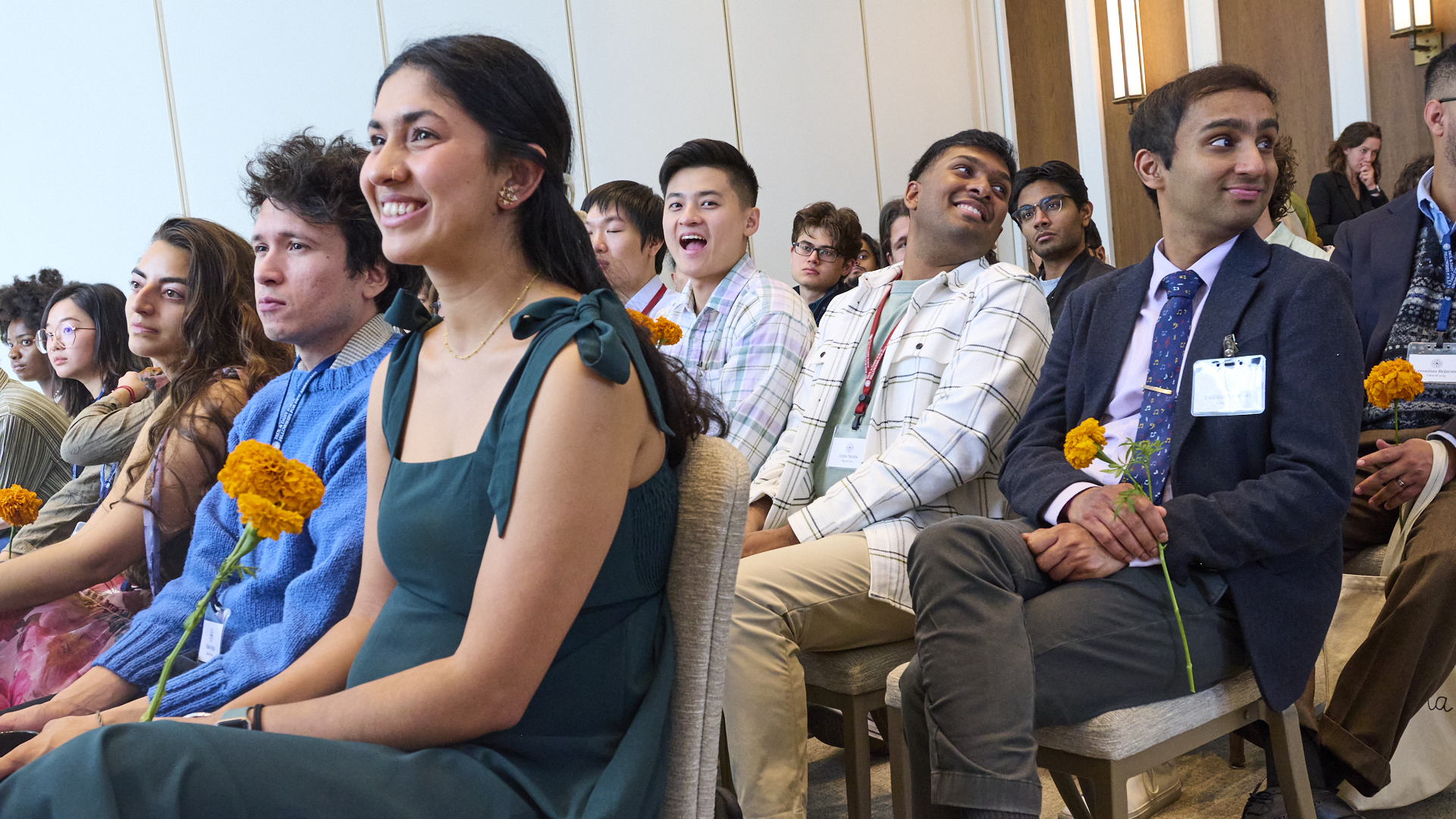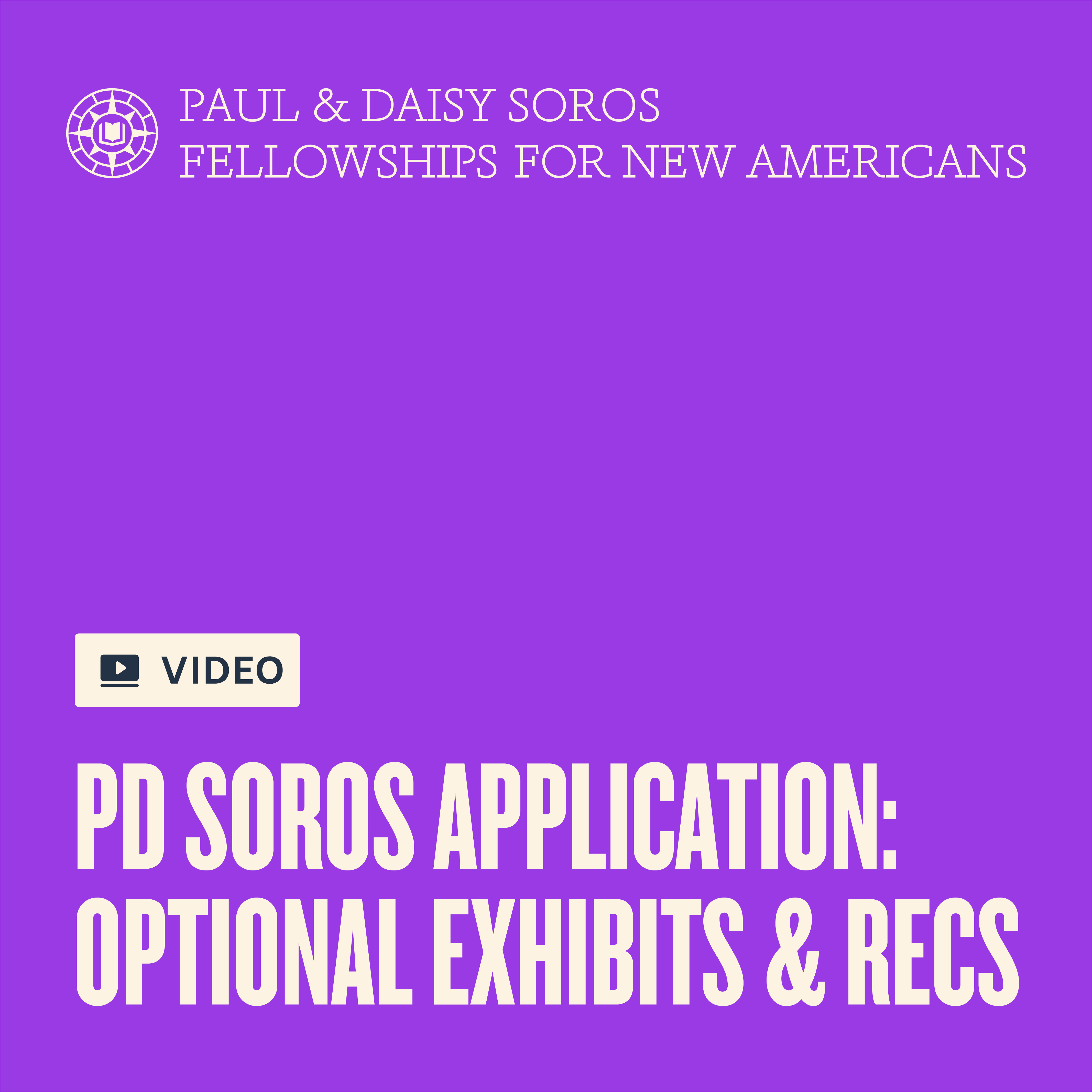- Fellow Highlights
Rewriting the Script on Retinal Surgery: Tomasz Stryjewski (2009 Fellow) Leads a Breakthrough with Pykus Therapeutics

Last week 2009 Paul & Daisy Soros Fellow Tomasz “Tommy” Stryjewski, MD and his team at Pikes Therapeutics presented exciting results for PYK-2101, which could transform retinal detachment recovery.
When 2009 Paul & Daisy Soros Fellow Tomasz Stryjewski was a medical student at Harvard, he began researching the challenges of treating proliferative vitreoretinopathy, a blinding eye disease that often follows retinal detachment. That research would lead to the founding of two biotech startups, numerous patents, FDA designations, and now, a clinical-stage innovation that could transform how millions of patients recover from eye surgery.
Today, Stryjewski is the chief scientific officer and a director at Pykus Therapeutics, a company he co-founded in Cambridge, MA. Their lead technology—a biodegradable “retinal patch” called PYK-2101—is designed to eliminate one of the most grueling aspects of retinal detachment surgery: face-down recovery.
“Patients undergoing retinal detachment surgery routinely describe the postoperative recovery as being one of the hardest weeks of their life, as they are forced to remain in a prone position for 23 hours a day,” Stryjewski explains. “The Pykus retinal patch technology has the opportunity to be a generational advance in the treatment of common surgical retinal disorders.”
The burden of face-down recovery has remained the standard of care for more than 30 years. PYK-2101 is a first-in-class, biodegradable retinal sealant that can be applied during surgery to hold the retina in place—without filling the eye with gas or silicone oil. Patients in Pykus’s clinical trial, which is currently underway in Australia, have experienced dramatic improvements: rapid vision recovery, freedom from prone positioning, and no serious adverse events linked to the treatment.
“Patients with retinal detachment treated in the Pykus clinical trial have gone from profound levels of blindness at their screening visit to near normalization of vision within days following surgery — a recovery that would ordinarily take weeks to months,” said Stryjewski.
Stryjewski presented the interim clinical results on Friday, May 2 at Eyecelerator, held during the Association for Research in Vision and Ophthalmology (ARVO) annual meeting. The study is measuring safety, visual recovery, and retinal attachment rates—and early data shows PYK-2101 outperforming the current standard, with a 91 percent single-surgery success rate in the per-protocol group.
Beyond the data, the story is deeply personal for Stryjewski, who was born in Krakow, Poland and is a naturalized American citizen. In addition to serving patients as an eye doctor, he has always wanted to develop and scale medical solutions.
“When we started this venture almost a decade ago, one of the first people I turned to for advice was a co-fellow (Shantanu Gaur) from the Paul & Daisy Soros Fellowships,” Stryjewski explained. “PD Soros played a very important role in the early start of our efforts.”
While leading scientific innovation at Pykus, Stryjewski continues to see patients as a vitreoretinal surgeon at Tallman Eye Associates, a private practice in the Boston area. His path through medicine and biotech has included training in internal medicine at Massachusetts General Hospital, a surgical residency and retina fellowship at Massachusetts Eye and Ear Infirmary—where he served as chief resident and director of the Eye Trauma Service—and founding another successful ophthalmic company, Helio Vision, which was acquired by Aldeyra Therapeutics in 2019.
His many honors include the Heed Fellowship and the Ronald G. Michels Fellowship Foundation Award, the nation’s highest honor for a retina surgery fellow.
For Stryjewski, innovation is never abstract—it’s about solving tangible problems for patients, especially those whose care has long been overlooked or constrained by outdated norms.
“This product could offer a transformative improvement in retinal detachment surgery,” said Dean Eliott, professor of ophthalmology at Harvard Medical School. “It could dramatically improve vision and eliminate the face-down positioning that patients dread.”
Stryjewski’s career is a testament to the impact that immigrant experiences and cross-disciplinary thinking can have when applied to the most stubborn problems in healthcare.
Learn more about Stryjewski here.
Keep Exploring
-
 Read more: Kathy Ku Steps into Leadership as PDSFA Chair
Read more: Kathy Ku Steps into Leadership as PDSFA Chair- Board of Directors
- Fellowship News
Kathy Ku Steps into Leadership as PDSFA Chair
-
 Read more: Q&A with MD/PhD Student Silvia Huerta Lopez
Read more: Q&A with MD/PhD Student Silvia Huerta LopezQ&A with MD/PhD Student Silvia Huerta Lopez
-
 Read more: PD Soros Eligibility Guide for PhD Applicants
Read more: PD Soros Eligibility Guide for PhD Applicants- Applicant Information
PD Soros Eligibility Guide for PhD Applicants
-
 Read more: Watch: Optional Exhibits & Recommendations
Read more: Watch: Optional Exhibits & Recommendations- 2025 Information Sessions
Watch: Optional Exhibits & Recommendations
